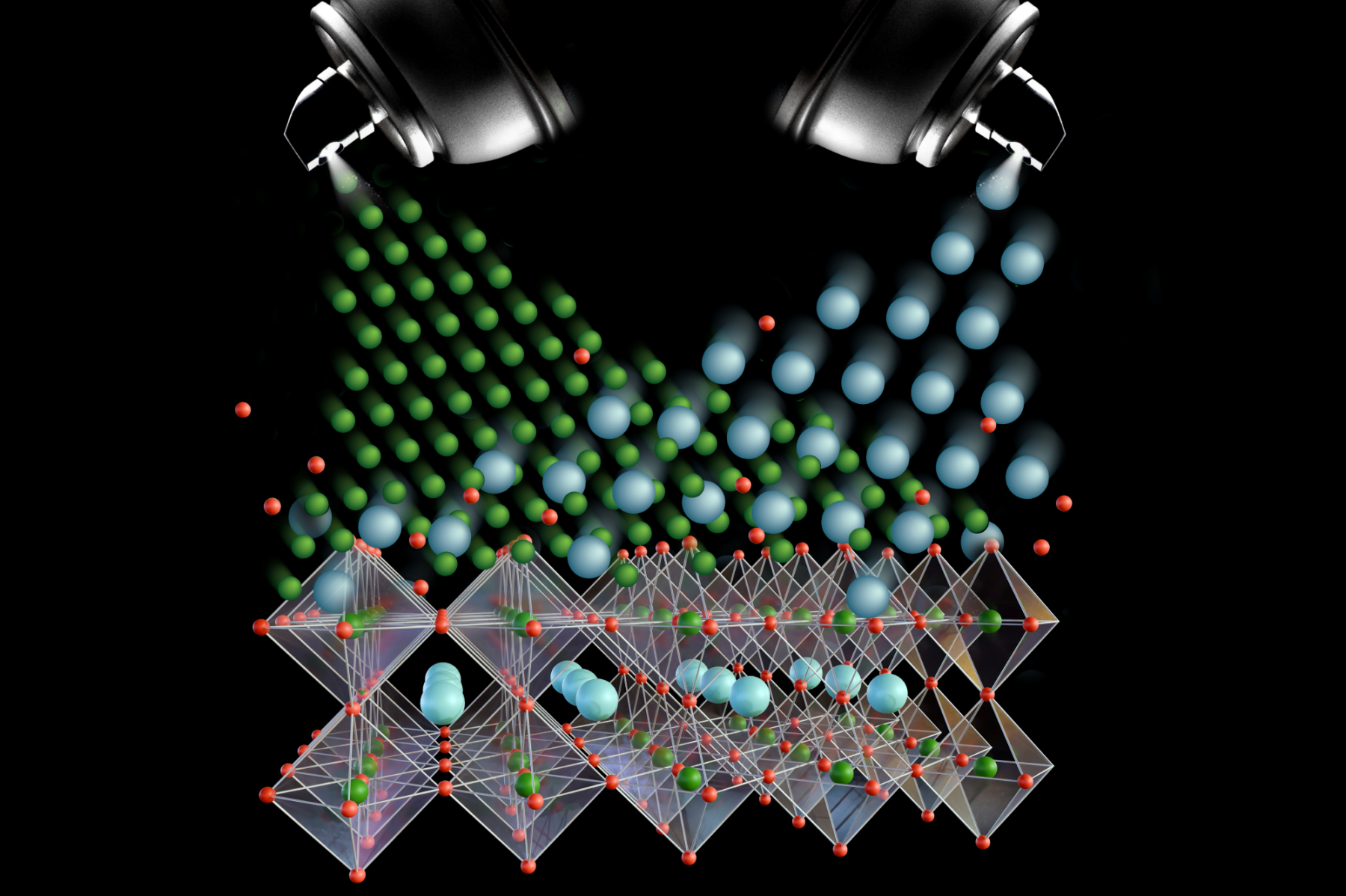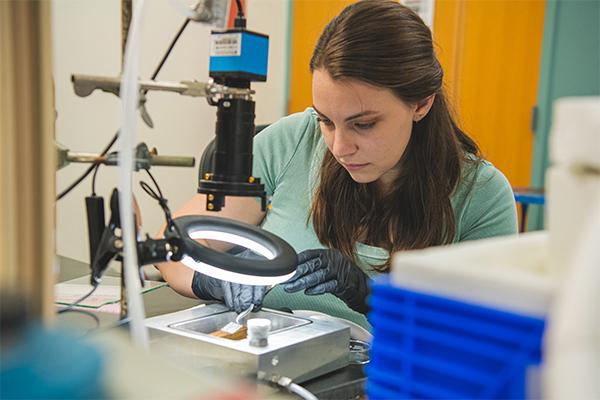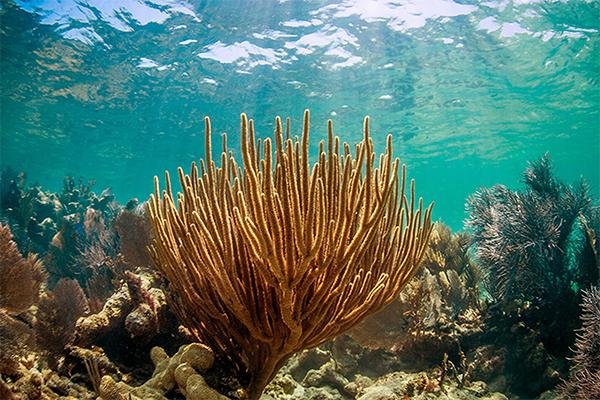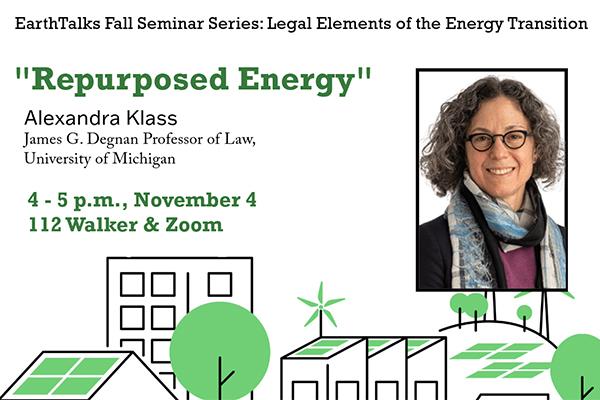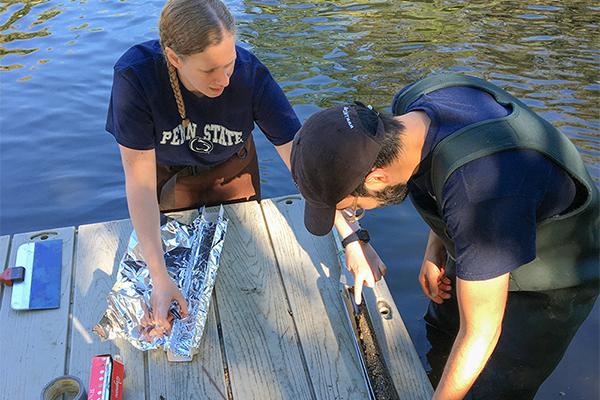Read the latest news about research conducted by investigators in the College of Earth and Mineral Sciences. Our faculty and students are continually advancing technology, creating solutions and expanding knowledge with new and innovative research.
News
What’s the best way to precisely manipulate a material’s properties to the desired state? It may be straining the material’s atomic arrangement, according to a team led by researchers at Penn State.
Six Penn State materials researchers have received the 2024 Rustum and Della Roy Innovation in Materials Research Award, recognizing a wide range of research with societal impact.
Australia's forest ecosystems, renowned for their extraordinary diversity of rare plants and animals, also play a vital role in mitigating climate change by absorbing and storing carbon.
The Penn State Climate Consortium has announced a call for breakout sessions for the 2025 Climate Solutions Symposium, taking place May 19-20, 2025, at the Penn Stater Hotel and Conference Center.
A new approach for modeling solar radiation may improve our understanding of the atmosphere on early Earth and help in the search for habitable conditions on planets beyond our solar system.
New research led by Penn State scientists reveals that microplastics in the atmosphere could be affecting weather and climate.
A new study by researchers tracked how nutrients from wastewater migrate from disposal sites in the Florida Keys and may help inform wastewater management in the region.
Ida Djenontin, assistant professor of geography at Penn State, was recently awarded a $1.3 million grant from the NSF to investigate the socioecological outcomes of restoration in degraded woodlands ecosystems.
Alexandra Klass, the James G. Degnan Professor of Law at the University of Michigan, will give the talk, “Repurposed Energy,” at 4 p.m. on Monday, Nov. 4, in 112 Walker Building on the University Park campus.
Microplastics have been steadily increasing in freshwater environments for decades and are directly tied to rising global plastic production since the 1950s, according to a new study by an interdisciplinary team of Penn State researchers.



